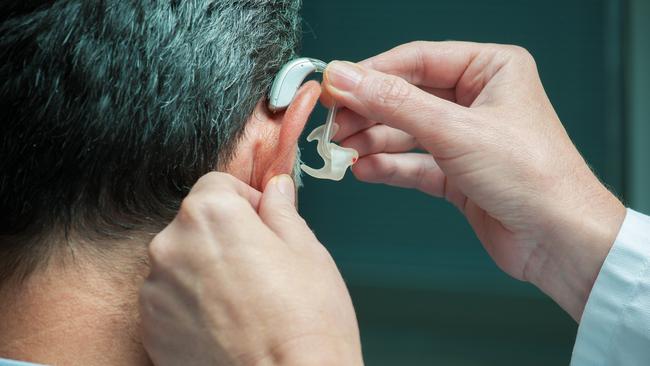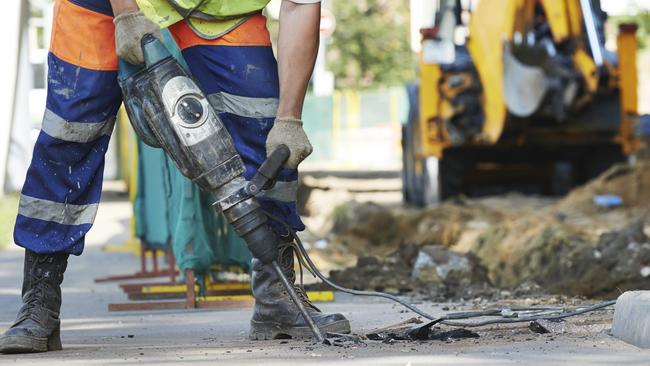Tribunal rules in favour of Stubbs Construction in hearing loss workers comp fight
A construction worker who lost their hearing over 50 years working in the industry has faced a hurdle in their fight for compensation. Here’s what the tribunal found.

Tasmania
Don't miss out on the headlines from Tasmania. Followed categories will be added to My News.
A construction worker who lost their hearing over the course of 50 years has faced a hurdle in their fight for compensation.
In a decision handed down this month, the Tasmanian Civil and Administrative Tribunal (TasCAT) ruled in favour of the employer, Stubbs Construction, which denied the 66-year-old man’s employment had substantially contributed to hearing loss.
In the claim, the employee, whose identity has been anonymised, submitted he’d suffered industrial deafness, which is permanent hearing loss caused by industrial noise exposure.
The man, who had been working with Stubbs Construction since 2010, claimed the injury had occurred over the last 50 years across multiple worksites.
When an employer receives a compensation claim, it is required to automatically begin payments, regardless of whether the worker is entitled to it.
It’s then up to the employer to dispute the claim within 84 days, and if they do the tribunal decides whether there is a reasonable case to avoid liability.
If it can be reasonably argued that they are not liable, the tribunal may rule for payments to cease, as it’s done in this case.
Evidence submitted by the man’s doctor said he did have severe hearing loss, “consistent with industrial deafness.”
“In his early years of working ear, protection was not mandatory and was hardly used,” TasCAT deputy president Richard Grueber said in the findings.
“His work exposed him to noise emitting tools in the building industry including drills, electric saws and occasionally jackhammers.

“The worker worked for six employers before his current employment and also had a period of self-employment.”
Consultant ENT surgeon, Magdi Ghali, submitted the man had lost 12.9 per cent of hearing in both ears, 2.9 per cent of which was believed to be related to age and the rest to construction work.
But Mr Ghali did not believe the man’s work at Stubbs Construction had the most significant contribution to the hearing loss, contending it only accounted for 2.7 per cent of it.
“His noise induced hearing loss would have occurred from the beginning of his employment at the age of 16 and it is well known that the damage always occurs in the early years of exposure and continues over the years to the current job,” Mr Ghali said.
Mr Grueber said the worker had not had hearing tests any earlier than October 2021.
“There is no audiology to show the degree of loss between the commencement of the workers current employment in June 2010 and the most recent audiogram,” he said.
“If Mr Ghali’s opinion is accepted at a final hearing, and the employer’s argument in respect to causation being limited to the current employment is accepted, then the employer may avoid liability for the workers claim for industrial deafness.”
Mr Grueber ordered that the employer cease paying compensation to the worker.
The employee has the option applying for an official tribunal ruling on whether or not Stubbs Construction was liable and if it should pay compensation.
More Coverage
Originally published as Tribunal rules in favour of Stubbs Construction in hearing loss workers comp fight





